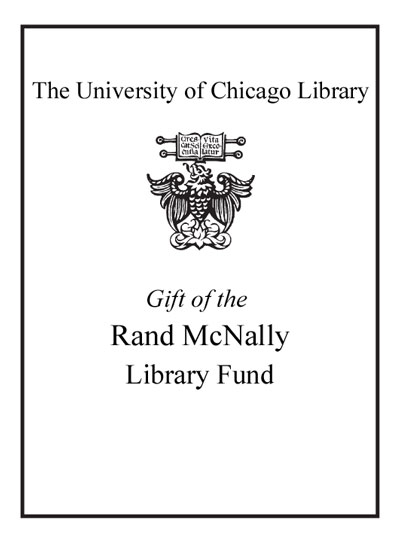| Summary: | "For nearly four decades, China's manufacturing boom has been powered by the labor of 287 million rural migrant workers, who travel seasonally between villages where they farm for subsistence and cities where they work. However, local governments have pivoted away from manufacturing and toward urban expansion and construction as a development strategy. As a result, at least 88 million rural people have lost rights to village land. In Beneath the China Boom, Julia Chuang follows the trajectories of rural workers once supported by a village welfare state and now landless. The book provides a view of the undertow of China's economic success, and the periodic crises-a rural fiscal crisis, runaway urbanization-that it first creates and then must resolve"--
|
|---|

